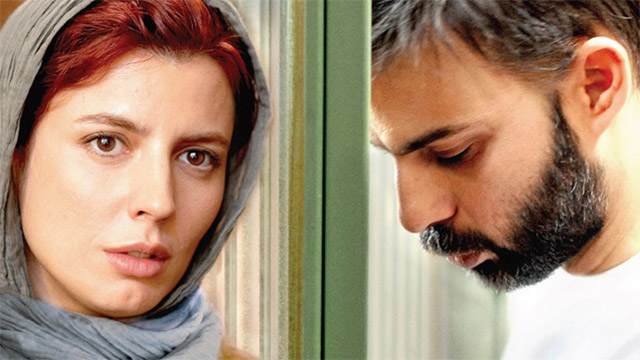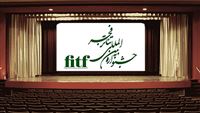Live
فارسی
عربي
ورود از طریق شبکه های اجتماعی
- استفاده مختص کاربران دارای هویت واقعی محرز شده نزد این پایگاه میباشد.
- این سایت در ستاد ساماندهی و بخش جرائم رایانهای دادگستری به ثبت رسیده است.
- گزارش تخلفات احتمالی این سامانه توسط کاربران الزامی می باشد
- کاربران باید طبق قوانین این سامانه که برگرفته از قوانین جرائم رایانه ای می باشد فعالیت کنند
- نام کاربری شما تکراری می باشد













